From Breathalyzer to Textalyzer
Controversial device to clamp down on texting and driving
April 21, 2017
Distracted driving continues to claim lives, causing Ben Lieberman, who lost his 19-year-old son in a 2011 texting related auto accident, to create the “Textalyzer.” The Textalyzer is essentially a breathalyzer, but for cellphones, and allows law enforcement officials to know whether or not a cell phone has been recently used.
Police will now be able to tap into a cell phone at the scene of an accident in order to find out if it was a possible cause of the accident, all without a warrant from a court. The potential use of this device has raised numerous privacy concerns. Many believe that it is an invasion of privacy and, therefore, the Textalyzer should not be used by police officers.
When asked for her opinion, senior Annie Mackert responded, “I think that it could be a good thing, but it really is an invasion of privacy.” Privacy advocates argue that there is no justification for tapping into someone’s cellphone, but that the procedure would simply allow police to seize the phone of another without warrant. The Textalyzer also raises concerns regarding gathering accurate information, leaving some to question how officials would know if the phone was actually used by the driver or a passenger.
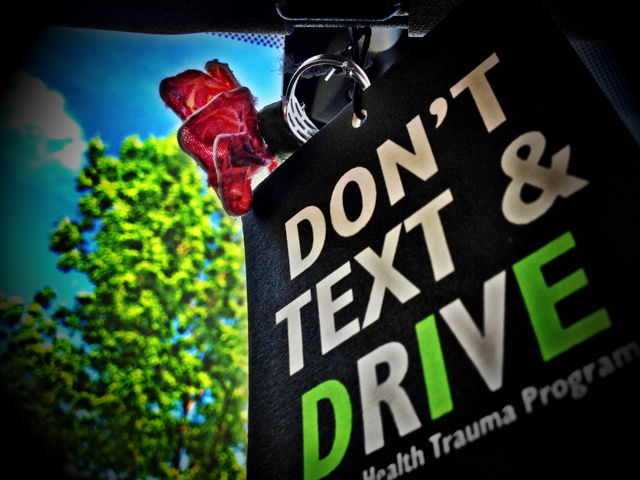
According to Distraction.gov, there are 660,000 Americans using cell phones while driving right now.
While there are those against the Textalyzer, many believe that the device would actually be beneficial, significantly decreasing the number of accidents due to distracted driving. Senior Dawson Wise agreed, stating, “I think this is a really good idea, and it will definitely help reduce accidents caused by people on their phones.” An increased chance of being caught could decrease the likelihood of drivers using a phone while driving, thus helping to prevent accidents that could be fatal. Supporters also say that this device would not violate the Supreme Court Riley v. California decision in which the court ruled that, to protect private information, police cannot search the contents of a cellphone without a warrant, even after an arrest. The Textalyzer would only reveal whether a phone had been used at the time an accident occurred.
Caroline Dickinson, ’17, said, “I think [the Textalyzer] should be allowed because police can already search your car, so it’s just another thing for officials to look at, especially if a phone was the cause of an accident.” Junior Mackenzie Lewis disagreed: “This definitely should not be allowed because it is a complete invasion of privacy, and I am not comfortable with police having access to this information.”
For now, the Textalyzer remains controversial, but those on both sides of the issue aim to protect our community and its members.

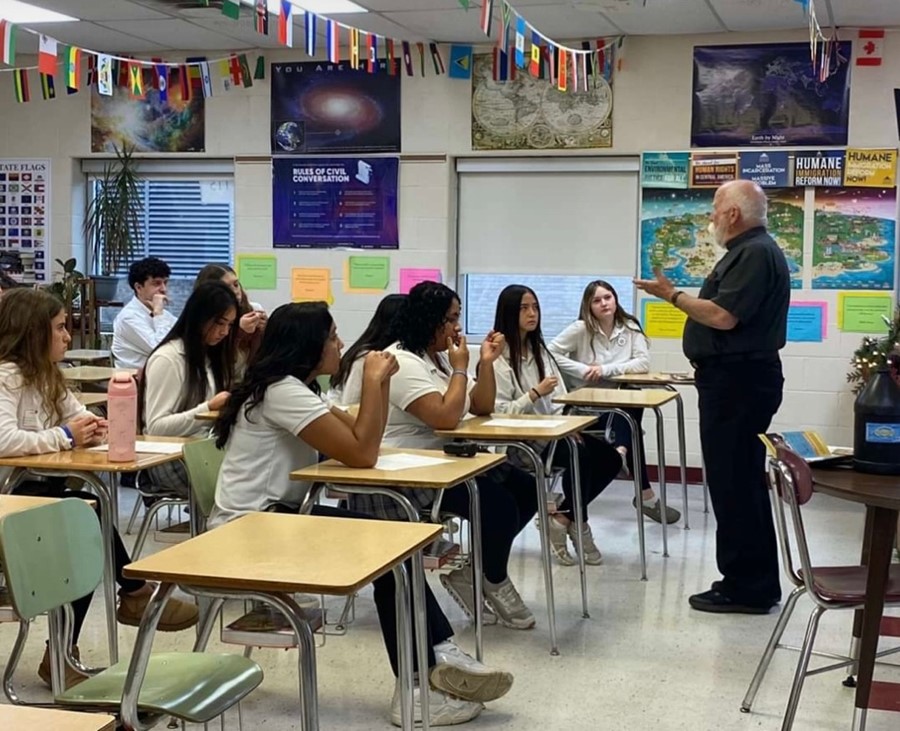
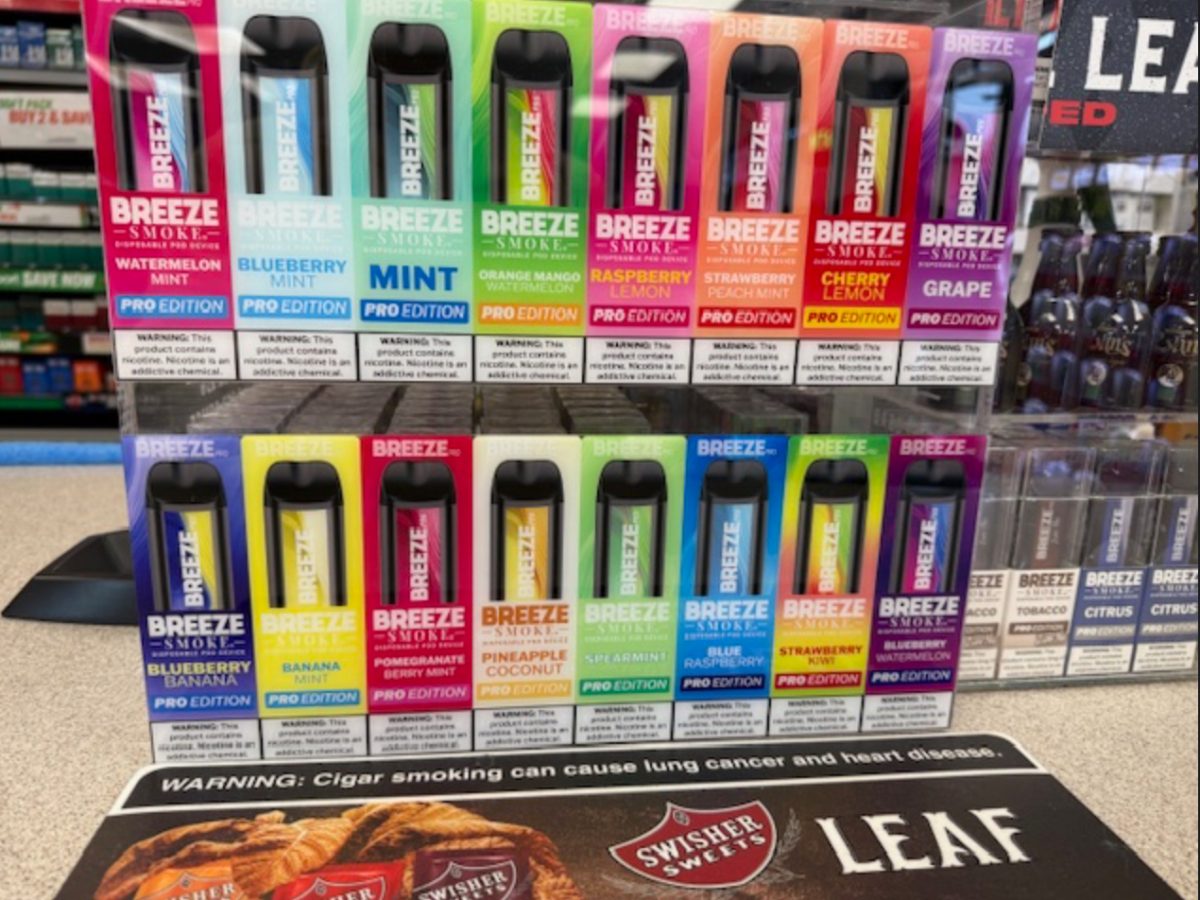
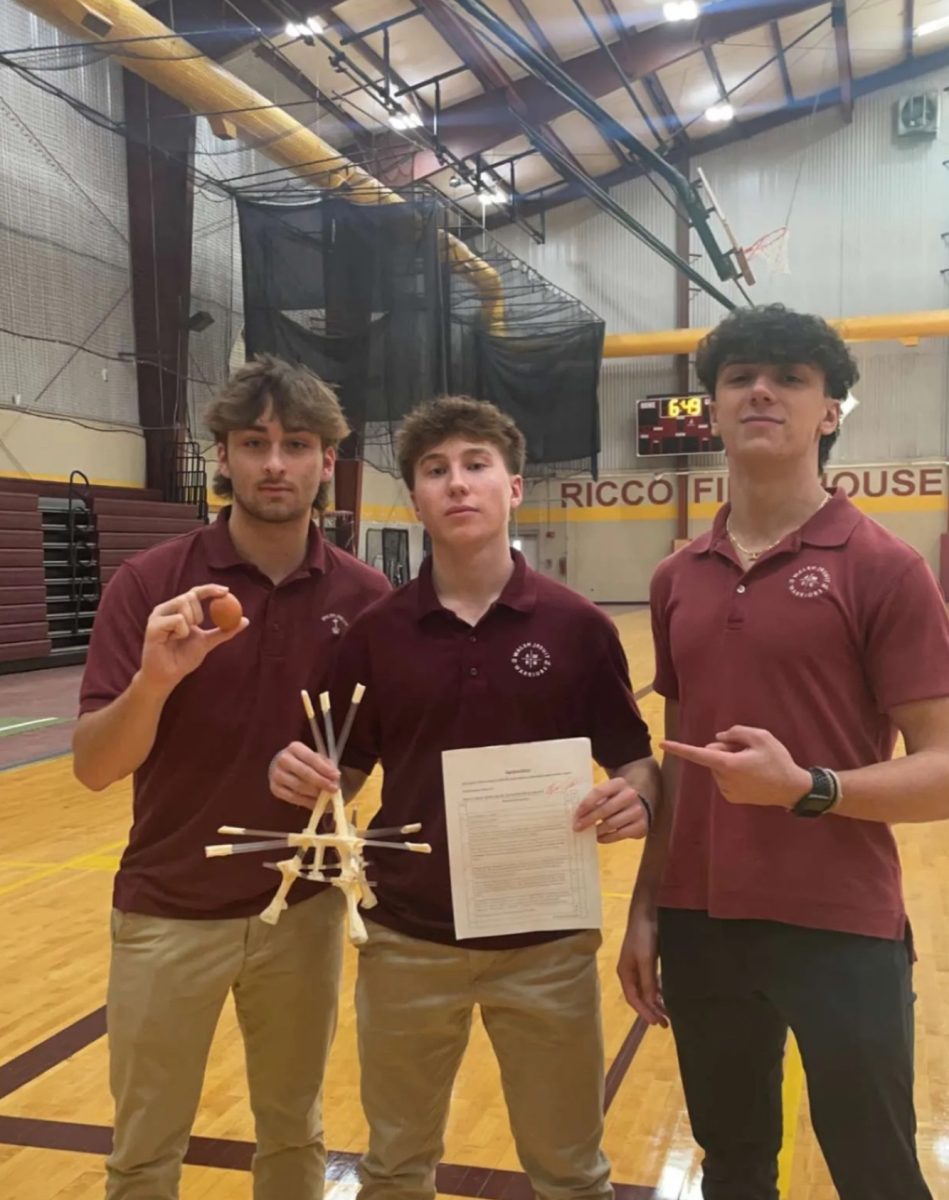


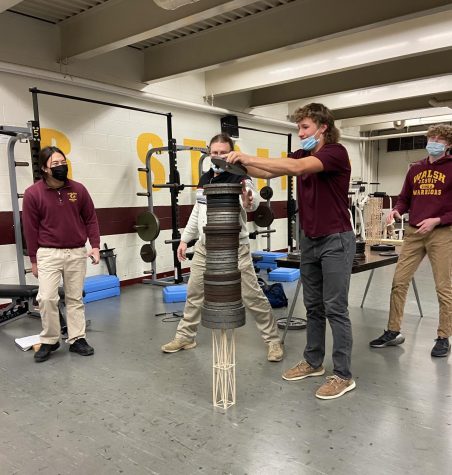




Phillip Vincent • Apr 21, 2017 at 9:44 am
THat would be a complete invasion of someone’s personal privacy.